
Exciting new series on “Voice, Body and Movement for Lawyers – How to connect with the jury and find Justice Through Dramatic Technique!”
Click here to find out more
This ethics program will explore how in-house counsel can successfully master the Engagement Agreement process when hiring counsel, experts, consultants, and vendors for litigation or transactions.
Our panel will guide attendees through the entire process – the necessary preparation (including the Request for Proposal (“RFP”) process); the drafting process (including incorporation of both hourly rates/fees plus any potential expenses to be incurred); and general best corporate/firm practices to maximize the benefits of what in today’s legal market is the most useful first step to address and prepare for an upcoming litigation or transaction.
The program will particularly focus on the following topics:
• The fundamental underpinnings of the negotiation/drafting process, Rules of Professional Conduct 1.2, 1.4, 1.5, Rule 5, and the client’s obligation and responsibility to select the scope of work and the terms/conditions of payment
• How the Rules of Professional Conduct apply to the Engagement Agreement Process
• Best practices in determining the content of your Engagement Agreement (assessment of the matter, evaluating risks/stakes, determination of type of counsel, experts, vendors, and consultants to hire, size/location of firm, roles for multiple counsel, etc.)
• Structuring the Engagement Agreement (format and substance)
• Incorporating various stages of litigation/transaction into your Engagement Agreement
• Incorporating language to maximize information received on budgeting and anticipated costs for your litigation/transaction
• Miscellaneous clauses/provisions to enhance the value and effectiveness of your Engagement Agreement
• Incorporation of and adherence to Outside Counsel Billing Guidelines
• Lessons learned and surprises encountered during the negotiation/finalization process.
Through their widely diverse range of experience on these issues (from in-house, private practice, and fee expert perspectives), our speakers will provide insights on a topic that affects everyone in today’s legal and business market.
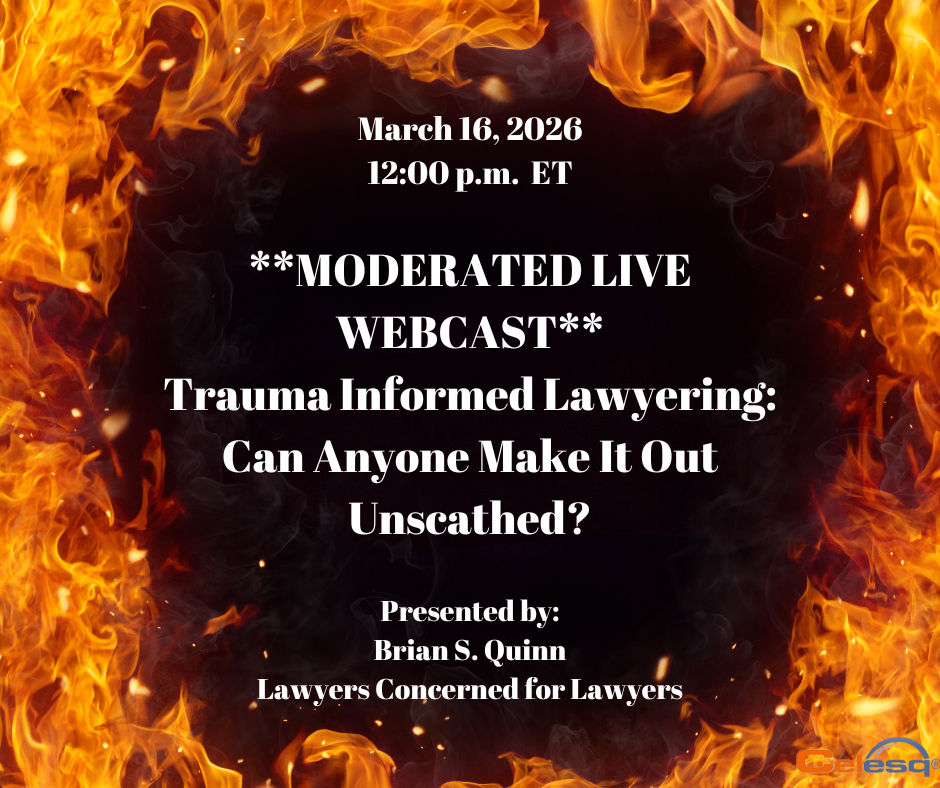
Attorneys hopefully recognize that, like many other professionals, their lives are filled to the bri...
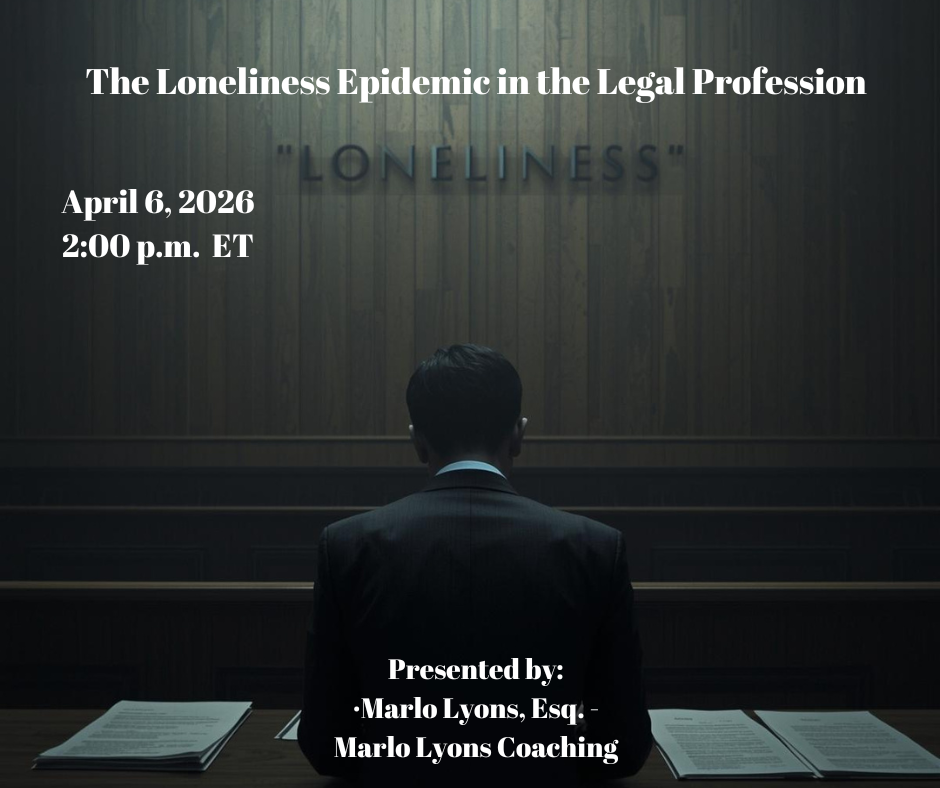
Loneliness isn’t just a personal issue; it’s a silent epidemic in the legal profession t...

The landscape of global finance is undergoing a seismic shift as traditional assets migrate to the b...
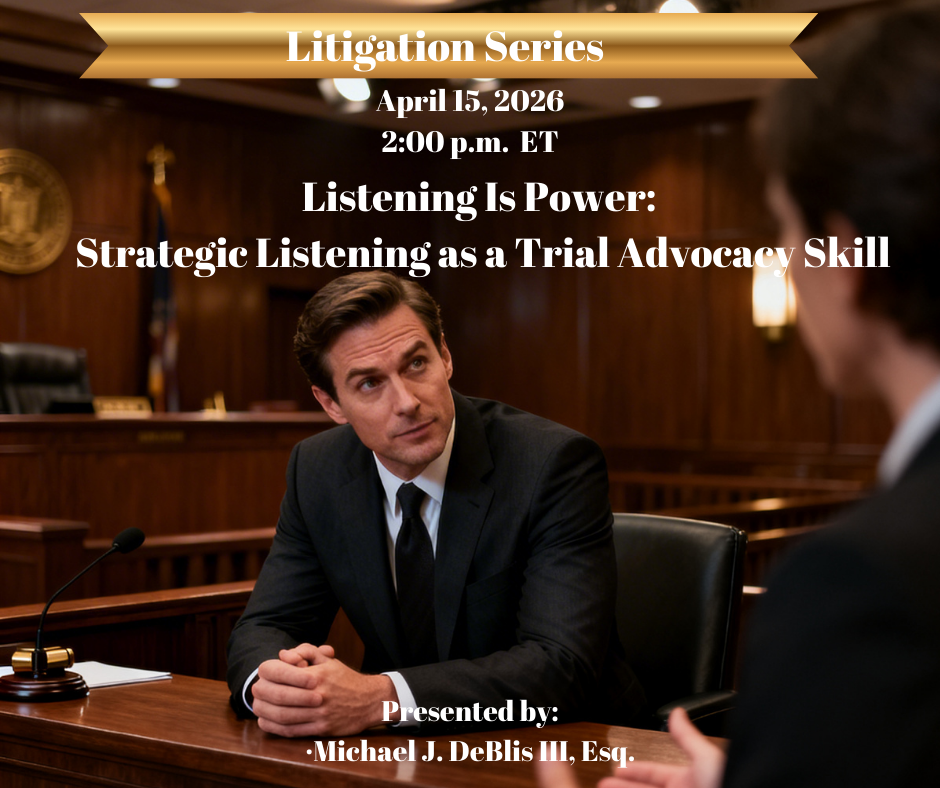
This program examines listening as an active, strategic trial advocacy skill rather than a passive c...
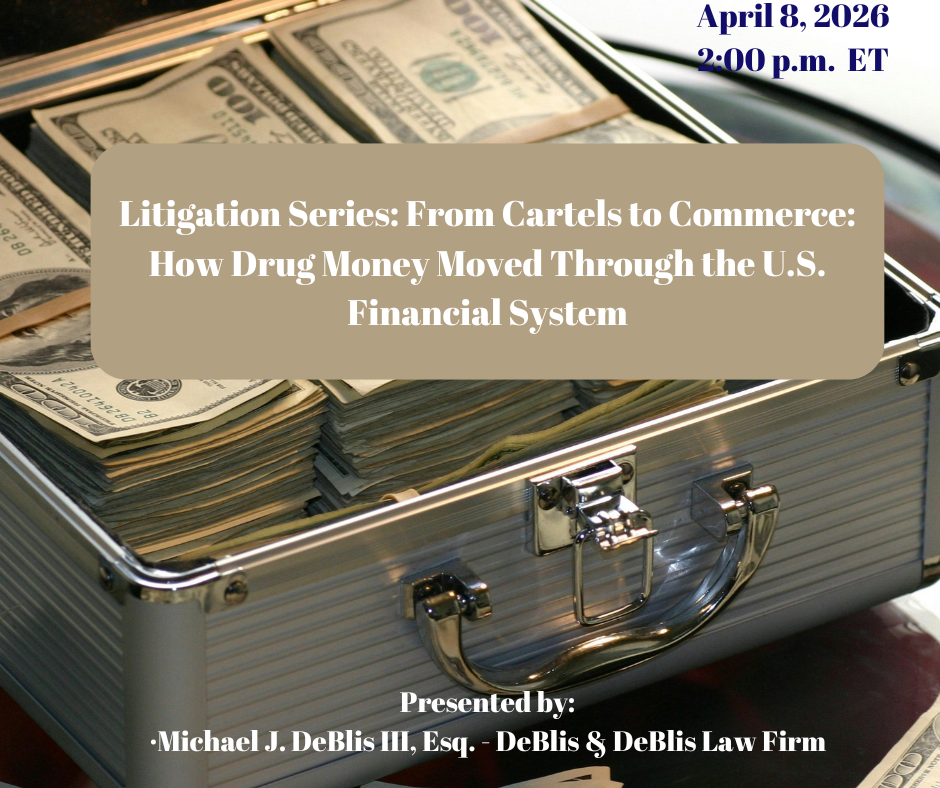
This program provides a detailed examination of the Black Market Peso Exchange (BMPE), one of the mo...
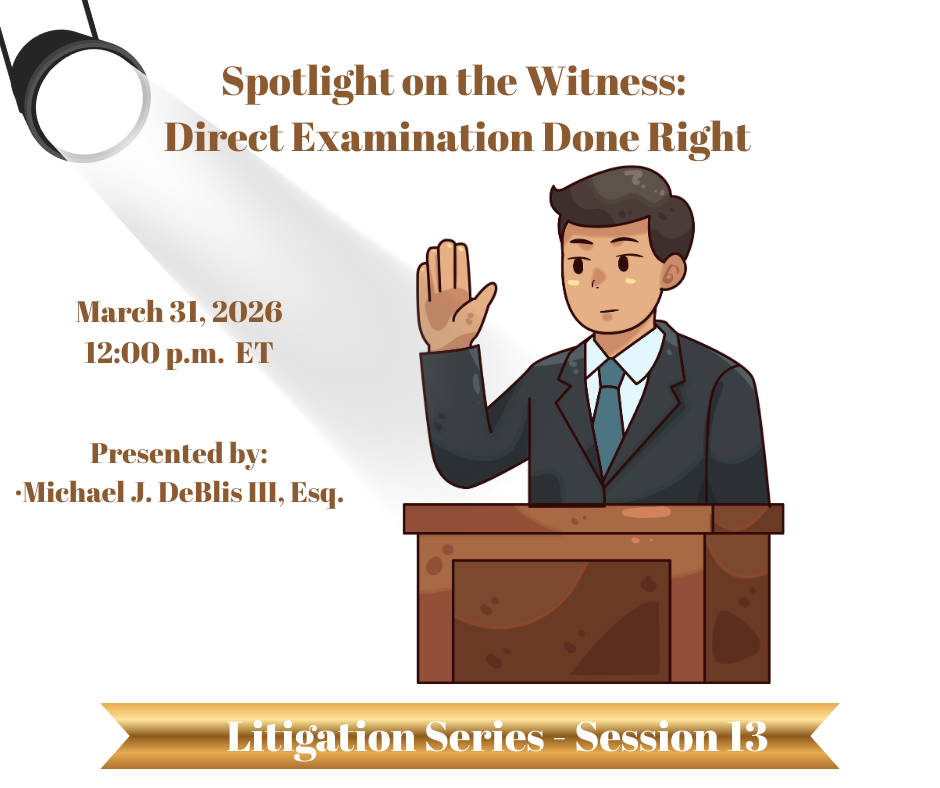
The direct examination presentation outlines how attorneys can elicit truthful, credible testimony w...
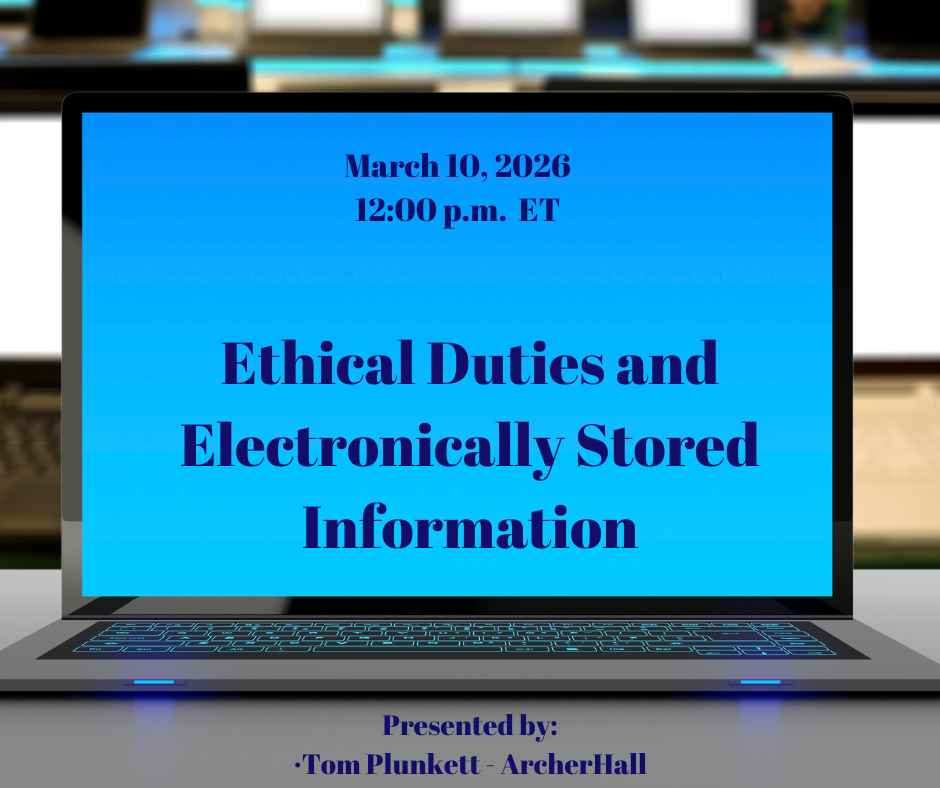
This CLE program examines attorneys’ ethical duties in managing electronically stored informat...
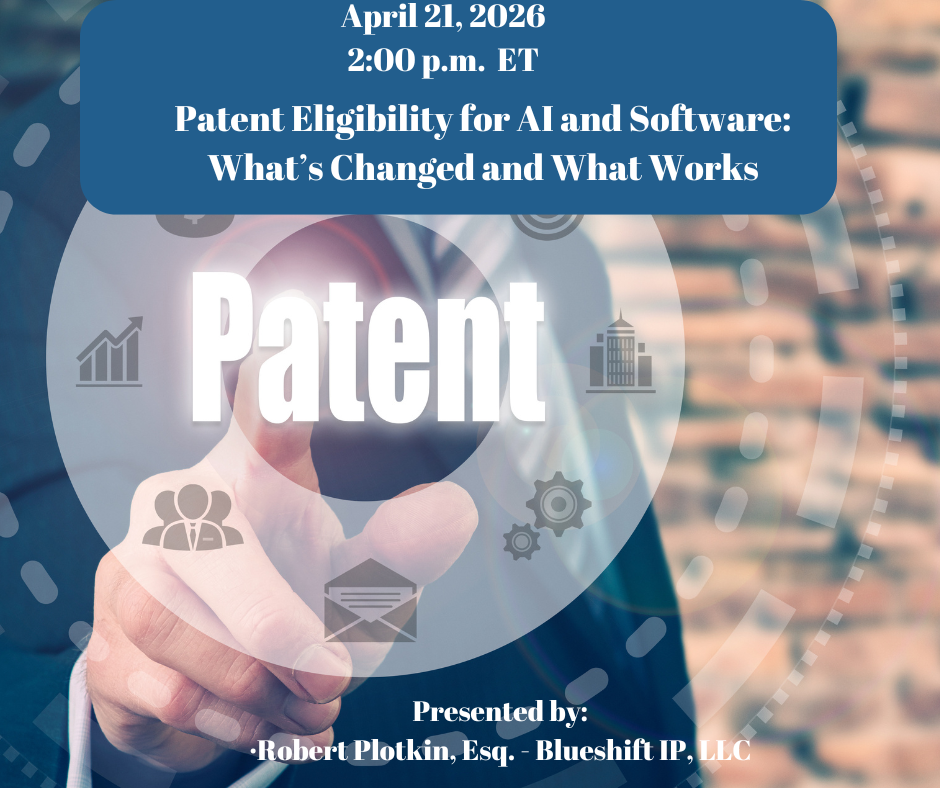
This program examines critical 2025-2026 developments in patent eligibility for software and AI inve...
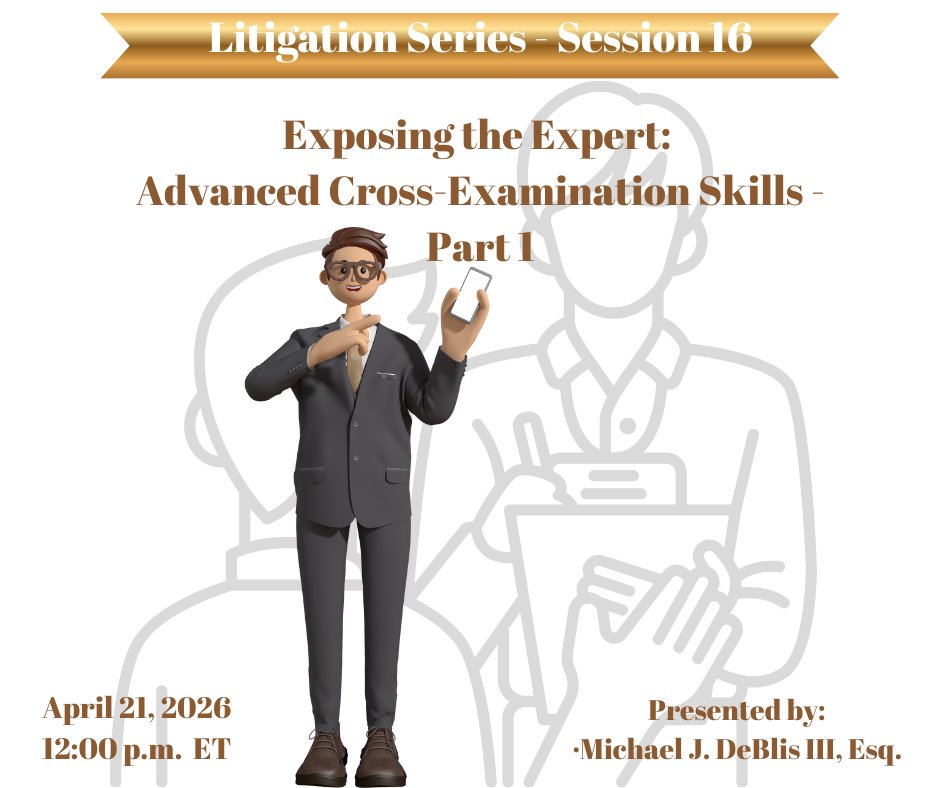
Part 1 - This program focuses specifically on cross?examining expert witnesses, whose credentials an...
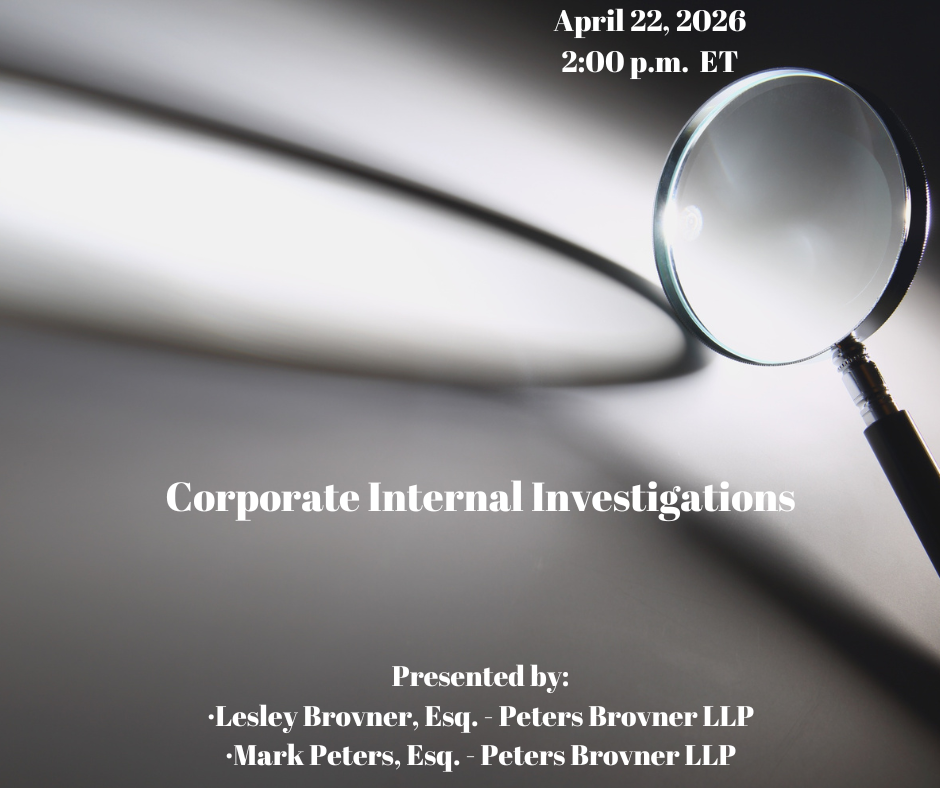
The CLE will cover the Ins and Outs of Internal Corporate Investigations, including: Back...